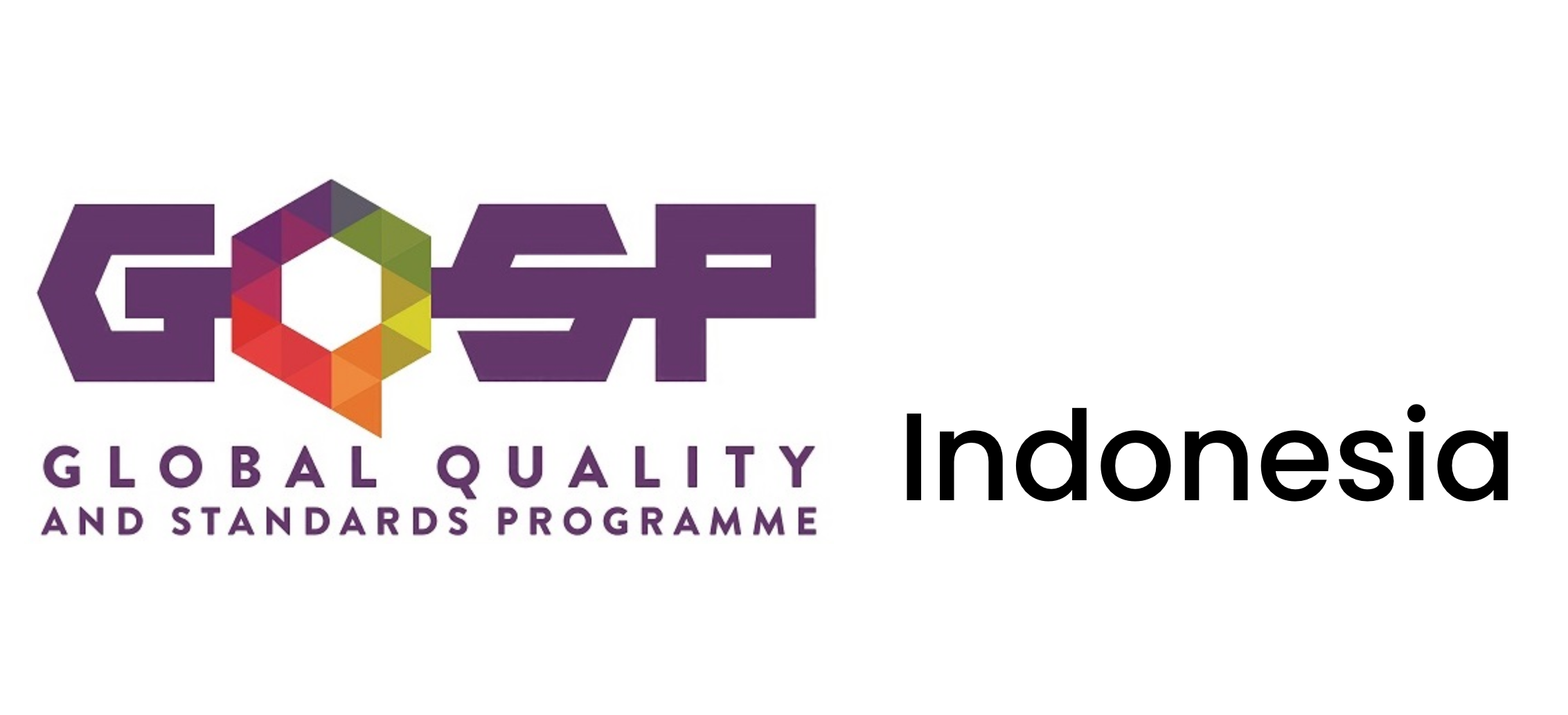The two articles : Incentifizing The Journey Towards Sustainability and People with Dissability Earnings From Selling HIgh-Value Seaweed
Remote Assessment: MMAF's pivotal move in the pandemic and beyond
It's been more than a year since COVID-19 first emerged and caused a pandemic – resulting in an unprecedented disruption in every aspect of our life. One of the most critical aspects is our food safety, where fisheries and aquaculture are part of its main components. Ensuring a high standard in quality and safety of our fisheries and aquaculture products is paramount than ever. Yet, the pandemic also means any in-person or physical assessment/inspection is highly limited, if not impossible. Therefore, Indonesia's Ministry of Maritime Affairs and Fisheries (MMAF) took immediate action to tackle this matter.
IndoGAP – bringing Indonesia's aquaculture to the global market
With a population of 7.9 billion people at this moment and more than 9 billion people in 2050, the world is facing an enormous challenge in providing food and livelihood for its inhabitants. Fisheries and aquaculture play an essential role in providing food, nutrition and employment for millions of people. The State of World Fisheries and Aquaculture 2018 by FAO reported that the global fish consumption was increasing more rapidly than the human population growth and exceeding the consumption of all terrestrial meat combined. The report also showed that aquaculture is growing faster than the other major food production sectors and responsible for about 50% of all fisheries production. However, it is imperative now than ever to have sustainable fisheries and aquaculture.
Pangasius: Establishing a Strong Foothold In Indonesia
Domestic production of pangasius products cannot keep up with demand, leading to legal and illegal imports from other countries, primarily Vietnam. There is serious concern that under the free movement terms of the ASEAN Economic Community, more imports will flood the market and wipe out the country's pangasius industry unless ways are found to improve its efficiency and competitiveness.
One Indonesian Industry Has Boomed During The Pandemic: Seaweed Farming
The resilience of seaweed farming is important given the nation’s status as the world’s largest producer.





